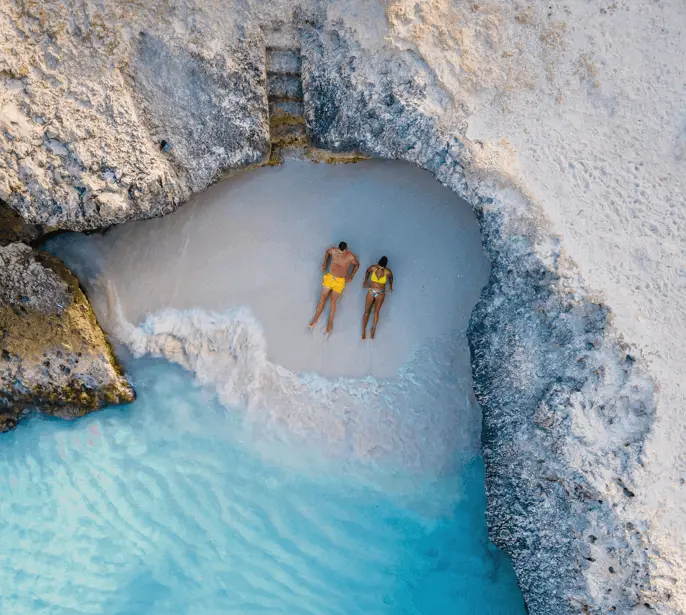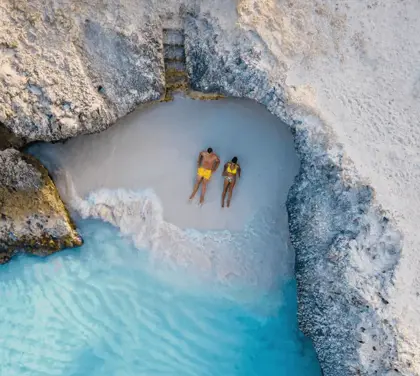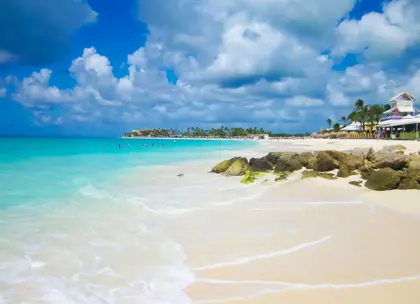Pack your bags and lose the baggage
Overworked? Overwhelmed? Overwrought? The science is out. You really need a vacation. In a pandemified world where the label “workaholic” is almost a badge of honor, it’s time to say: “Enough is enough!”
Vacations are not an idle indulgence. Studies prove they improve mental wellbeing, physical health, productivity, and strengthen relationships.
According to an Expedia survey, most people cancel vacations owing to work concerns, others find it difficult to coordinate family schedules and some prefer to cash out their unused days instead.
At the same time, professional services firm, Ernst & Young, found that each additional 10 hours of vacation time boosted employees’ year-end performance ratings by eight percent. Frequent vacationers were also less likely to leave the firm.
Couples surveyed by the U.S. Travel Association reported that traveling together made them “significantly more likely to be satisfied in their relationships, communicate well with their partners, enjoy more romance, have a better sex life, spend quality time together and share common goals and desires.”
Similarly, the State University of New York, Oswego, concluded that middle-aged men who took frequent annual vacations reduced the risk of death overall, especially those deaths attributed to coronary heart disease.
The science behind these findings reveals that frontal lobe brain networks work better at reasoning, planning, decision-making and judgment when you’re removed from the increasing day-to-day grind of 21st-century life. Chronic stress releases cortisol, which in high levels can damage the brain’s hippocampus area, responsible for learning and memory. We’re programmed for fight or flight not tracking down missing email attachments.
Proven ways to reduce stress include exercise, a good night’s sleep, spending quality time with others and experiencing new adventures. That’s more likely to happen while on vacation.
However, experts caution that a proper vacation takes planning and goal setting, combined with conscious decisions to feel at peace and experience joy. They advocate a Zen approach: Be present, right here, right now. Breathe out worries, stressors, and negative thoughts. Tune in to the people who are with you. Stop and marvel at the sea and sky.
Aruba’s the place to do it, with its world-renowned beaches such as Palm Beach and Eagle Beach. For more seclusion, a ‘hidden’ gem is Rodgers Beach, where the calm waters and soft white sands administer a serious dose of relaxation. And if you want the silent, healing tranquility of a marine wonderland, the island offers many safe diving and snorkeling havens.
Exercise and communing with nature also help your body release mood-boosting endorphins. Arikok National Park offers both its walking trails and tropical wildlife.
Aruba’s luxurious spas are another way to rejuvenate. Unwind at the Japanese-inspired eforea Spa, oceanfront at the Hilton Aruba’, or healing and relaxation with a distinctly local touch at the Ritz-Carlton Spa. Etnika spa offers holistic techniques for health and happiness sourced from all over the world.
Finish the day, with a sunset yoga session on one of the beaches, to set you up for a healthy gourmet meal and a good night’s sleep. After a casual night on the town, if you prefer!
In fact, you could say a vacation on Aruba is just what the doctor ordered. In this case, it’s psychologist Daniel Goleman, who researched stress while teaching at Harvard. His advice is simple: “If you start to get guilty thoughts about ‘wasting’ your time on a beach, doing ‘nothing,’ remind yourself that this is exactly what you should be up to.”
By Richard Andrews


